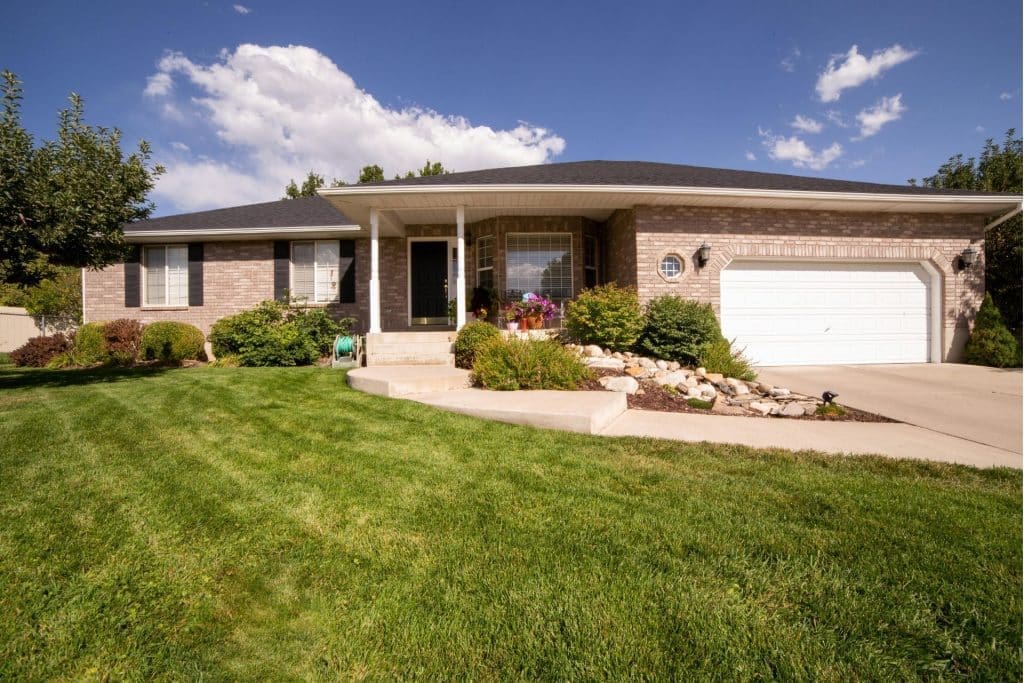There is a substantive difference between landlord insurance and homeowners insurance. The two forms of insurance differ in terms of name yet they also have important differences in the context of coverage. If you are a real estate investor, it is required that you establish a landlord insurance policy as opposed to a homeowner insurance policy.
The Basics of Landlord Insurance
Landlord insurance encompasses specialized forms of protection such as loss-of-income coverage in the event that a covered loss results in tenants vacating the premises. This is just one example of a loss that is not covered by regular homeowners insurance. Those who have a significant number of assets to safeguard or assets of considerable worth are encouraged to obtain enhanced liability coverage.
The failure to properly maintain the home, reveal the presence of mold or other hazardous materials or remove such hazards has the potential to render the policy void. The moral of this story is obtaining the necessary insurance coverage is not enough in and of itself. It is also necessary to keep the property in good shape and honor obligations as detailed in the insurance agreement (and your property management agreement if applicable).
Landlord insurance policies do not have all-encompassing coverage. Regular wear and tear is the responsibility of the rental owner. Damage caused by a tenant is the responsibility of that specific tenant as opposed to the property owner, your property management partner or next tenant. However, coverage is available for accidental incidents caused by tenants such as fires that fall under the coverage umbrella of the tenant’s renters insurance policy.
Though unlikely, there is also the potential for a rental property to endure malicious damage. If such damage occurs, the tenant’s security deposit on the apartment, house or other property will be used to offset the cost of repairing the damage. If the cost of repairing the damage exceeds the value of the security deposit, legal recourse can be sought. Though few know it, landlord insurance is comprehensive to the point that it even includes highly specialized forms of protection such as loss of income coverage that kicks in should the covered loss prompt tenants to vacate the premises.
Homeowners Insurance
A house that serves as one’s primary residence requires homeowners insurance. However, if the house in question is being rented out by that property owner for a lengthy period of time, landlord insurance will be necessary. Homeowners insurance is applicable to the house as well as personal property and even payments for medical care in the event of an injury on the premises that is deemed the property’s owner’s legal liability.
A wrinkle arises when the property is rented for an extended period of time. Additional protection is necessary in the event of tenant damage, spurring the need for landlord insurance as described above. As an example, if a tenant leaves the property before the end of the lease, homeowners insurance will not be applicable to make up the financial difference. Rather, landlord insurance would be necessary in such an instance.
Homeowners insurance includes loss of use coverage applicable to living expenses in the event that the circumstances in question are covered by the policy and fleeing the home is necessary. However, if only landlord insurance is taken out, the coverage will be limited to reimbursement for the loss of rental income in the event that the property is damaged by a covered event and is subjected to repairs.
Summary of Insurance Coverage
The key takeaway is homeowners insurance is applicable to personal property up to a percentage of the property’s insured value. Landlord insurance usually does not include personal property coverage though insurers sometimes offer optional coverage applicable to furnished property and appliances at an additional cost.
Choose 1836 Property Management
If you’re investing or plan to invest in the greater Austin, Tx, area, reach out to our team of professional Austin property managers today to assist you with your real estate investing ventures. At 1836 Property Management, your success is our success.
bdm@1836pm.com
512-994-4323
By: Kayla Gonzales, 1836PM Marketing Manager







